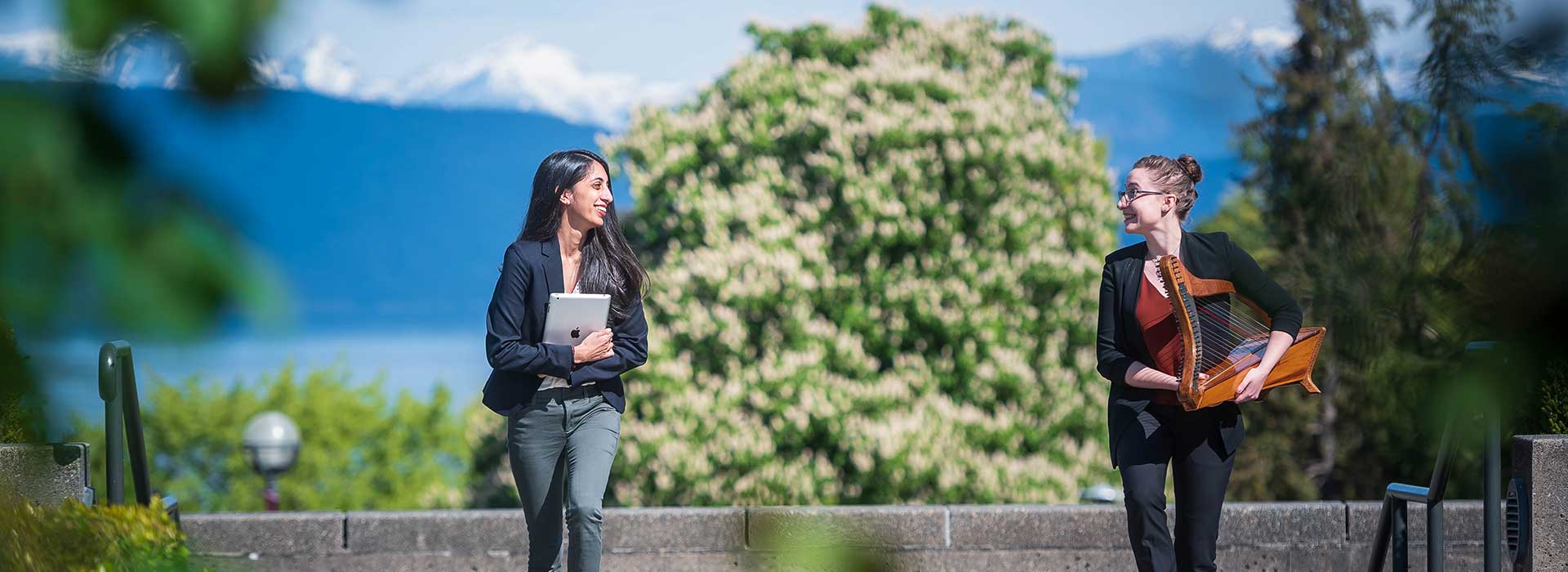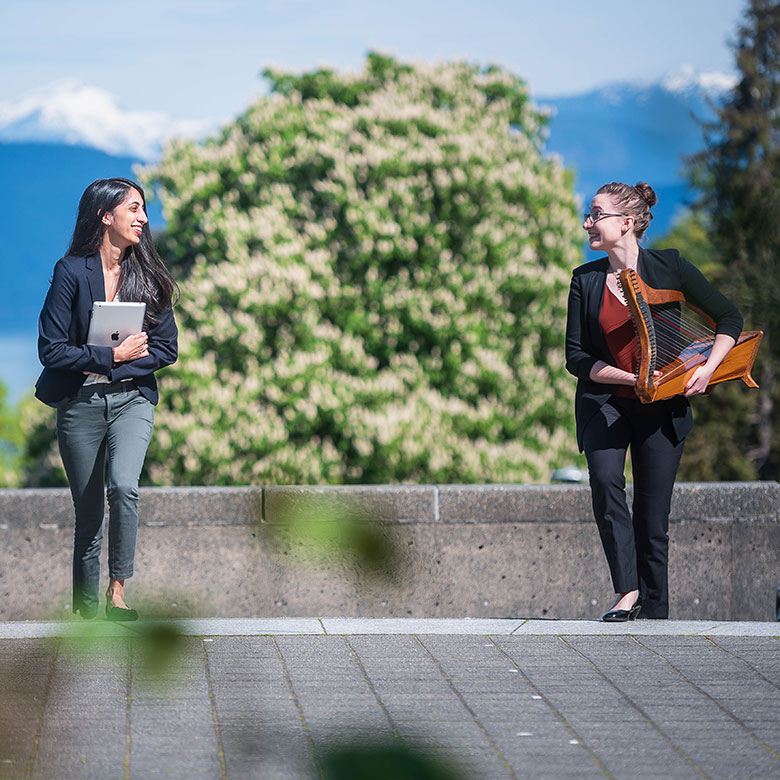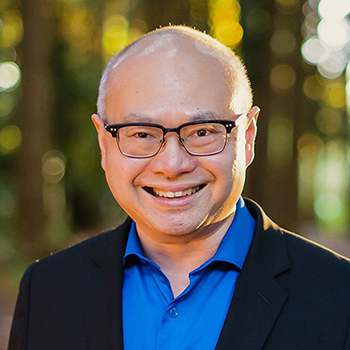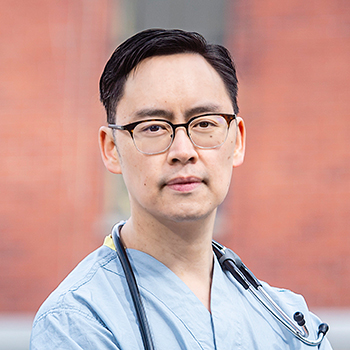Combatting social isolation during COVID-19
Before the outbreak, Julie Cheng visited her parents almost every day, often joining them for lunch or a walk through the hallways of the long-term care home where they reside in Vancouver.
Then, everything changed.
“It all happened very abruptly,” recalls Cheng. “One day I was there helping my parents set up their trays for lunch; the next day I was told I could not visit them anymore.”
Cheng’s situation is not unique.
With visiting restrictions in place at long-term care facilities across the country, families in every community are facing challenges.
Now — as part of a new initiative, known as Connecting with Compassion — UBC faculty and students are looking to technology to help families stay connected with their loved ones and combat the social isolation being felt by seniors living in long-term care homes across B.C.
“Long-term care facilities are home to some of society’s most vulnerable—often frail seniors with pre-existing health conditions, including dementia and Alzheimer’s. These seniors depend on their loved ones for social companionship, and right now those usual ways of connection are gone,” says UBC’s Dr. Roger Wong, clinical professor of geriatric medicine in the faculty of medicine, who is helping lead the new initiative.
Over the coming months, the Connecting with Compassion team will deliver new iPads to long-term care homes across the province in hopes of facilitating virtual visits and connections among family and friends. The iPads will arrive pre-loaded with videoconferencing programs, like FaceTime, Zoom and Skype, as well as a host of other apps designed to keep seniors engaged.
The iPads will also come complete with recorded performances by students from UBC’s School of Music—including harpist Hayley Farenholtz.
“Music is very healing and it’s a beautiful way to communicate with people, and particularly now, in this time of struggle, music is a powerful way to connect with our seniors,” says Farenholtz, who was inspired to pick up the harp at a young age because of her grandmother, also a harpist.
Harpist, School of Music
For percussionist and music student Aaron Graham, who regularly played for seniors in long-term care homes before COVID-19, the opportunity to continue contributing to the quality of life of seniors is something he takes comfort in.
“I’ve seen, first-hand, how much of a difference music makes in seniors’ lives and so I can only imagine today what these recordings will mean,” says Graham, whose music selections for the seniors ranged from George Gershwin’s Summertime through to The Beatles’ Blackbird.
The first iPads arrived at Mount St. Joseph’s Residence, home to Julie Cheng’s parents, just last week.
“The care team at Mount St. Joseph’s has been incredible, using their personal devices to facilitate calls and video chats. But now, with this new initiative, it’s wonderful to know that there’s dedicated technology that can be used to stay connected with my parents—just being able to see their faces is so valuable,” says Cheng.
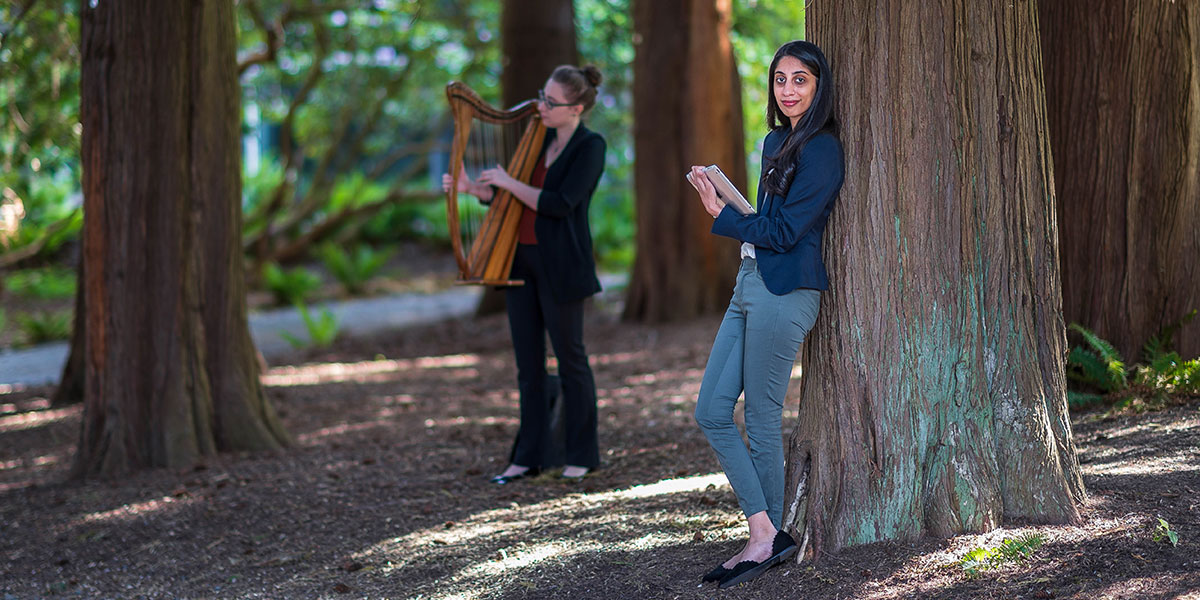
Third-year medical student Raiya Suleman (right) is one of nearly 50 medical students volunteering to virtually visit and connect with residents in long-term care homes.
But the new UBC initiative—made possible through the generosity of Dr. Edwin S.H. Leong—isn’t just about keeping in touch with old connections. It’s also about making new ones, says the initiative’s co-lead, Dr. Mark Fok, clinical assistant professor of geriatric medicine, who has been working on the front-lines of the COVID-19 outbreak.
As part of the initiative, UBC medical students based in communities across the province will be playing an active role, volunteering their time to virtually visit and connect with residents in long-term care homes every week.
Raiya Suleman, a third-year medical student with a longstanding interest in geriatric medicine, is one of nearly 50 medical students who is passionate about the cause and stepping up in support.
“This initiative is very near and dear to my heart. I look forward to helping alleviate some of the social isolation in our older adult communities by bringing loved ones together and facilitating new connections,” says Suleman, who has been supporting Dr. Wong and Dr. Fok to plan for the roll out of the initiative across the province.
For medical student Caroline Spaner, another team leader, the decision to get involved was easy.
“My grandma used to say that getting older is not for the weak of heart. She was right. Especially now, during this outbreak, life is so difficult for seniors in long-term care,” says Spaner. “I think this initiative is just a simple, beautiful way for us to connect, to reduce social isolation, and to help us all get through this together.”
Share this Story
Published: June 1, 2020
